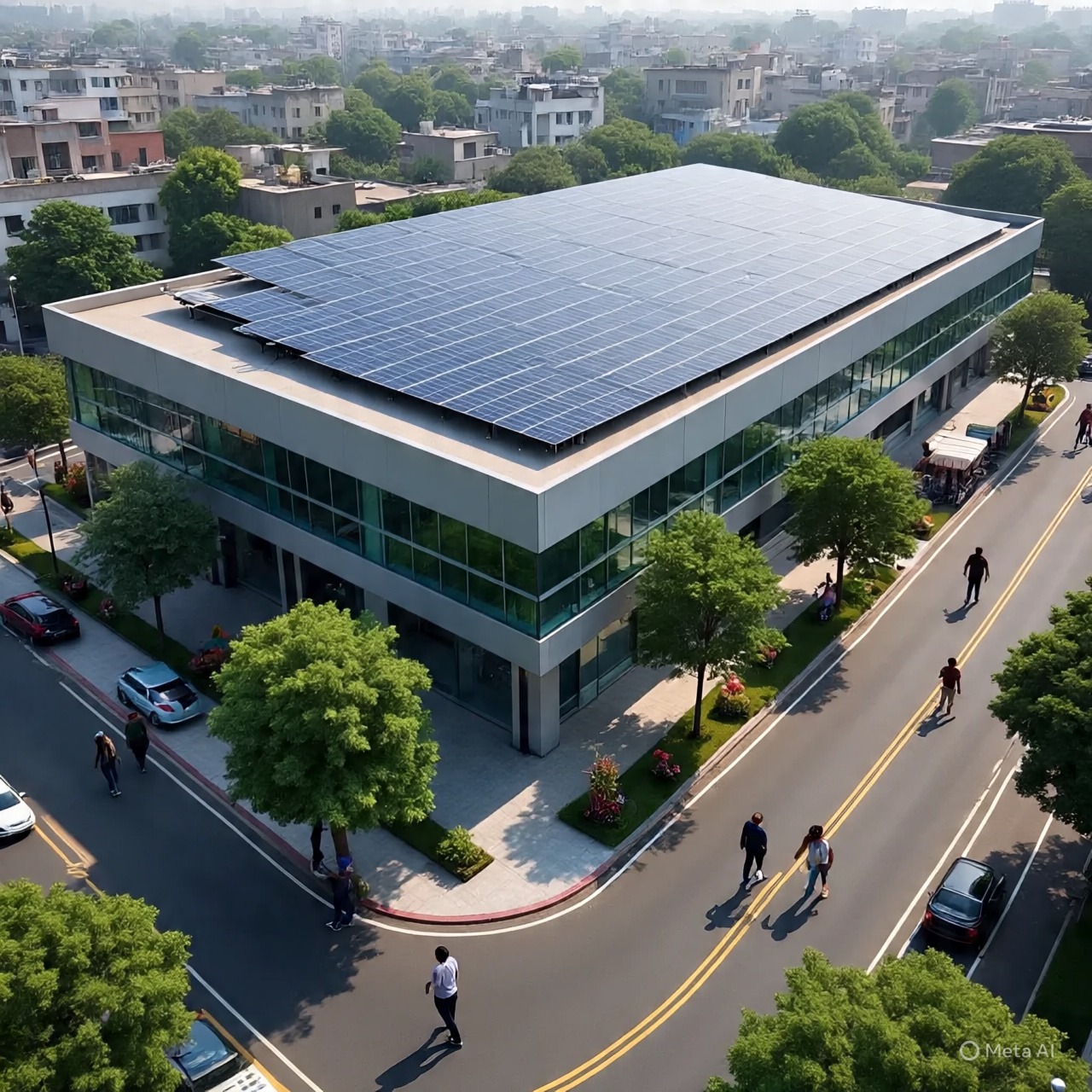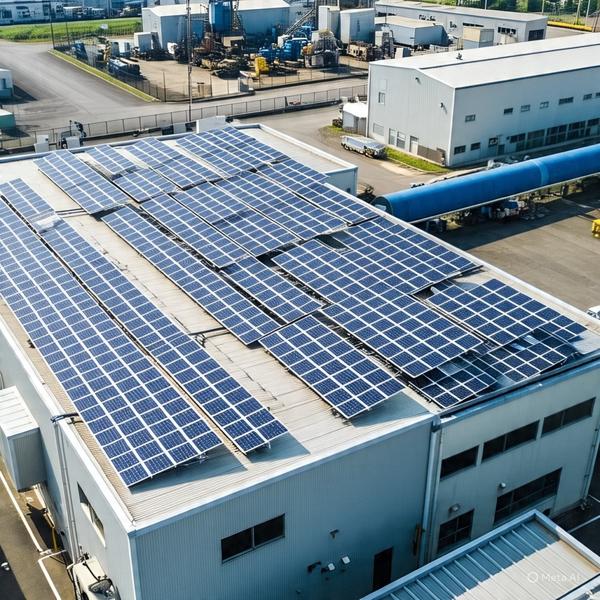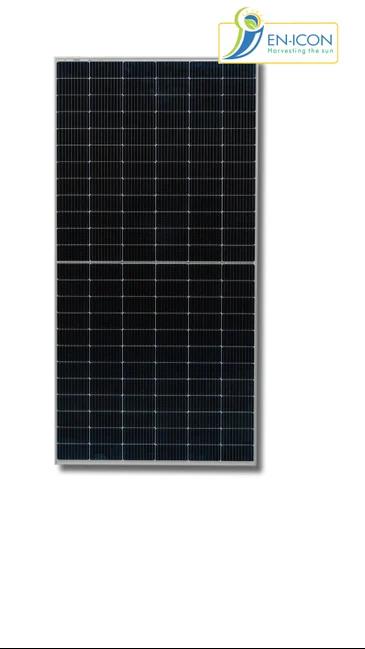
The effect of renewable energy solar rooftop systems on India's economy is multifaceted, bringing numerous benefits that can transform the country's energy landscape.
Economic Benefits
- Job Creation: Solar power projects create large-scale job opportunities in manufacturing, installation, operations, and maintenance, boosting employment and economic growth. Approximately 17 lakh direct jobs are expected to be created under the PM Surya Ghar scheme.
- Increased Energy Independence: By harnessing solar energy, India can reduce its reliance on imported fossil fuels, improving energy security and reducing the strain on the national budget.
- Infrastructure Development: Solar power projects promote rural electrification, providing clean energy to remote areas and improving the quality of life for millions of people.
Financial Impact
- Reduced Electricity Bills: Households and businesses can significantly lower their electricity bills by generating their own solar power, saving thousands of rupees annually.
- Increased Property Value: Installing solar panels can increase property value, making homes and businesses more attractive to potential buyers.
- Return on Investment: Solar rooftop systems offer a high return on investment, with payback periods ranging from 2.7 to 5 years, depending on the system size and location.
Government Initiatives and Policies
- PM Surya Ghar Scheme: The Indian government has launched the PM Surya Ghar scheme, providing subsidies and easy financing options to promote rooftop solar installations.
- Renewable Energy Targets: India aims to achieve 500 GW of non-fossil fuel energy capacity by 2030, with solar energy playing a crucial role in this transition ¹.
Challenges and Opportunities
- High Initial Costs: While the cost of solar panels has decreased, the initial investment for solar rooftop systems remains high, making it challenging for some households and businesses to adopt.
- Grid Infrastructure: Upgrading grid infrastructure to accommodate decentralized power generation from rooftop solar systems is essential for seamless integration.
- Regulatory Framework: A robust regulatory framework is necessary to ensure smooth integration of rooftop solar into the national grid and to provide incentives for adoption ².




